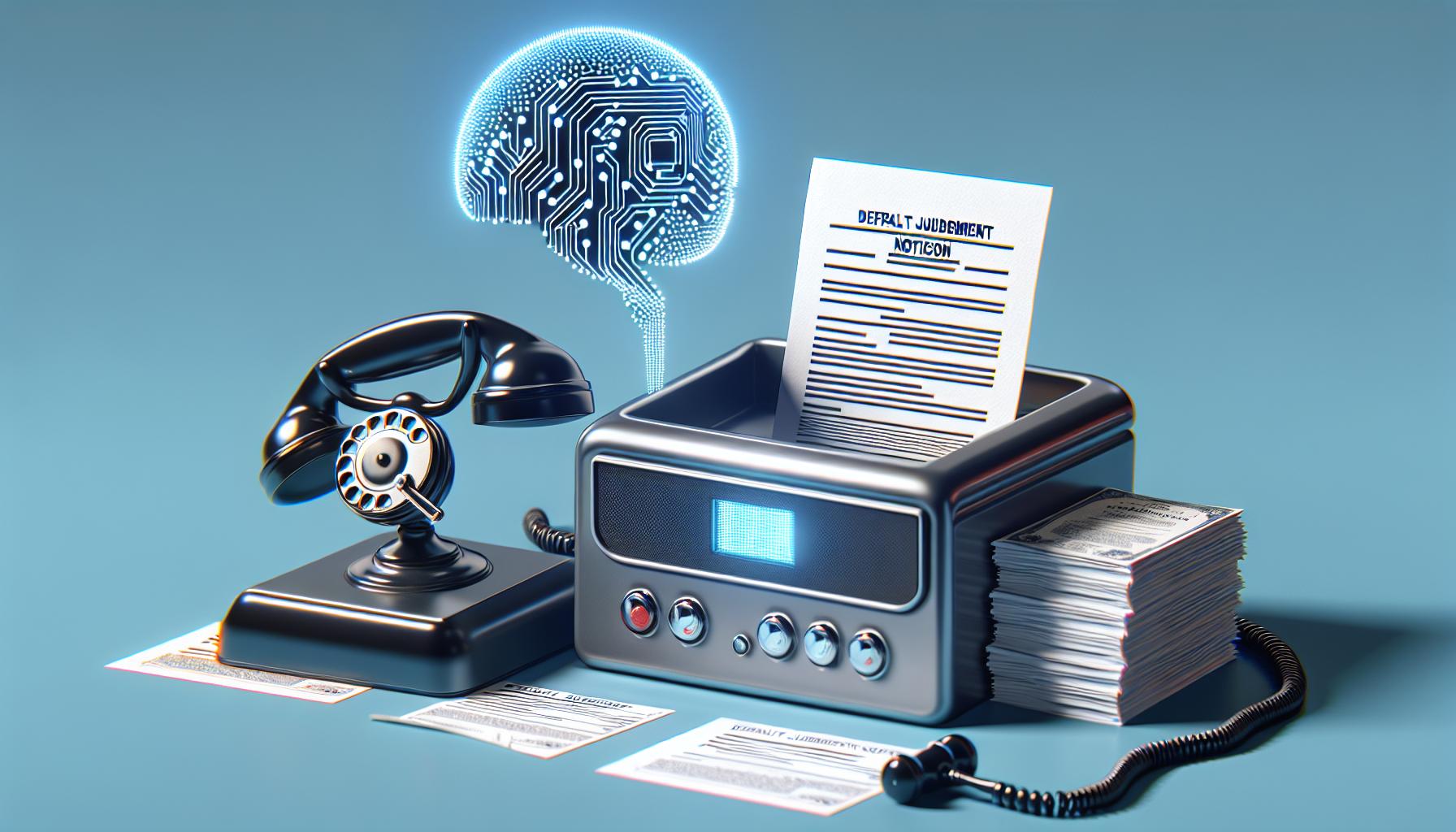SMS-Powered Debt Collection: Employing AI for Effective Reminders

Introduction
In an ever-growing digital era, SMS reminders for invoice follow-ups and debt collection have gained traction and proven to be more effective than traditional methods. This innovation, further enhanced by Artificial Intelligence (AI), holds significant value in cost management, response times and customer satisfaction.
The Power of SMS in Debt Collection
SMS, or text messaging, revolutionizes debt collection by offering a non-invasive and direct line of communication. This increasingly popular method of communication provides instant notifications to customers, leading to timely payments and reduced bad debt. Adapting the SMS method for debt collection over traditional strategies such as emails or phone calls, not only ensures higher response rates but also proves more affordable and time-efficient for businesses.
Statistical Evidence Supporting SMS
A recent survey suggested an impressive open rate of 98% for SMS, considerably higher than other means of communication. The study further revealed that about 90% of these SMS messages are read within the first 3 minutes of delivery, thus making SMS reminders for invoice follow-ups highly effective.
Role of A.I. in Personalizing Reminders
Artificial Intelligence elevates the efficacy of SMS even further. A.I. can analyze vast amounts of data, learn from user responses, and consequently, personalize reminders. These tailored reminders not only increase the chance of invoice payment but also improve customer satisfaction levels by providing a considerate and personalized approach to debt recovery. Integration of A.I. into SMS-powered debt collection is, therefore, an investment that promises high returns.
Conclusion
As the world becomes increasingly digital, newer tools and technologies like SMS and A.I. are changing the face of debt collection. Employing an AI-powered SMS strategy ensures efficient collection and responsible customer outreach, a win-win for both businesses and customers. As businesses adapt to this shift, they will find themselves riding the wave of success with reduced costs, improved customer satisfaction and more timely payments.



